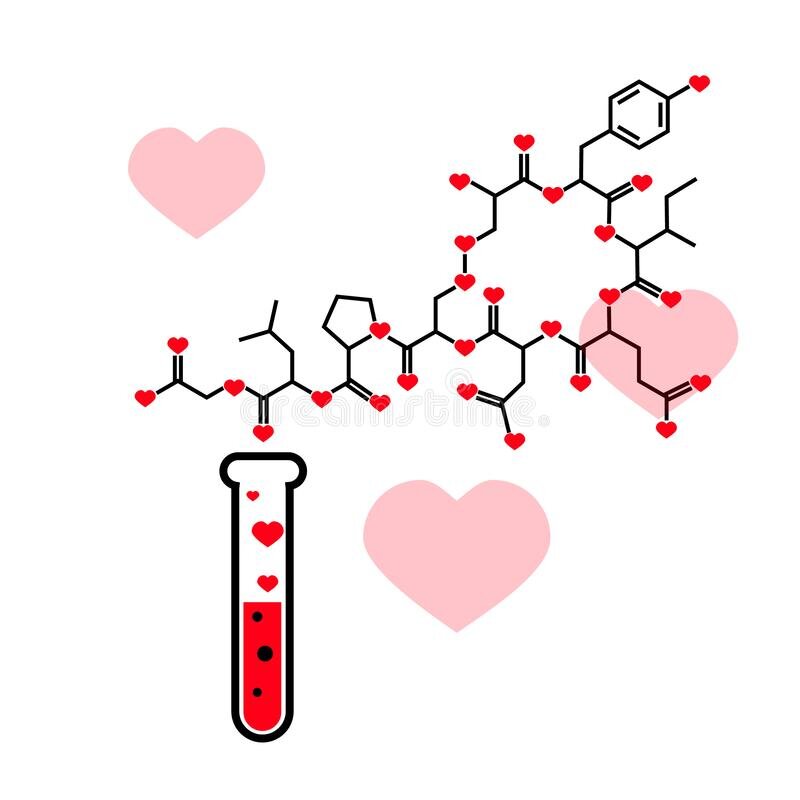This summary, written by Autumn Mitchell, is based on an article by Van Hedger, Lee, Kushner and de Wit (2019): Effects of intranasal oxytocin on stress-induced cigarette craving in daily smokers. Nicotine and Tobacco Research, 21:799-804.
This research study explored the effects of intranasal oxytocin on cigarette cravings in daily smokers. Previous studies suggested that oxytocin may reduce stress-induced cigarette cravings. Because there is a need for new approaches to assist individuals who are trying to quit smoking, the present research sought to further elucidate this relationship.
Oxytocin is a hormone nicknamed the love hormone because of its’ role in bonding. In a 2003 study, both humans and dog oxytocin levels in the blood rose after five to 24 minutes of a petting session.
In this study, daily smokers came into the lab for two sessions after abstaining from cigarettes for 12 hours. On each session, they received a substance, either oxytocin or placebo, both before and after performing a task. In one session, the task was a low-stress conversation with a research assistant. In the other session, the task was a high-stress public speaking exercise (the Trier Social Stress Test, or TSST). Participants were randomly assigned to one of three experimental conditions: Placebo-Placebo (PP), Oxytocin-Placebo (OP), and Placebo-Oxytocin, PO. Participants in the PP group received a placebo before and after the task, participants in the OP group received oxytocin before the task and placebo after, and participants in the PO group received a placebo before the task and oxytocin after. They received these drugs on both the stress and the no-stress sessions. The purpose of the OP group was to see if oxytocin dampens the initial response to stressor and the purpose of the PO group was to see if oxytocin dampens the response once it has been induced by the stress-task. Throughout all the sessions, participants rated their cigarette cravings and mood. Additionally, cardiovascular measures and saliva samples for cortisol analysis were taken from participants periodically throughout the sessions.
Cortisol is the result of the body’s stress response system. In our study, we measured subject’s cortisol to gather information on their stress levels.
As predicted, the stressful-task increased salivary cortisol levels as well as their cigarette cravings. However, the intranasal oxytocin had no effects on anxiety, craving, and cardiovascular function when compared with the placebo, whether it was administered before the stress task or immediately after. This finding is not consistent with previous literature which found a reduction in stress-induced cigarette cravings when participants ingested oxytocin. One potential source for this discrepancy may be the emotional health of the participants in the study; previous studies reported higher effects of oxytocin in individuals with disordered emotion regulation. In contrast, the present study excluded any participants with these disorders.
This null report emphasizes the need to expound the exact conditions under which oxytocin affects cigarette cravings and stress levels.


